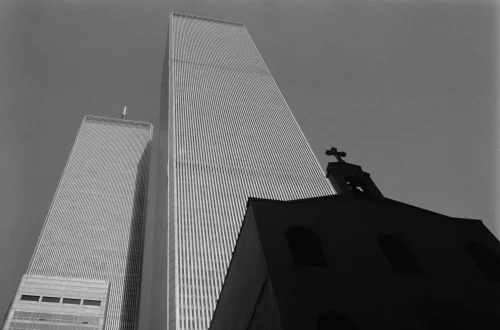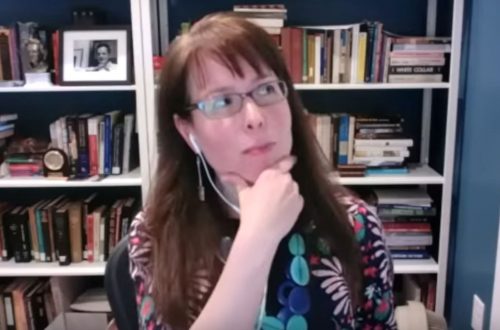Lyman Stone wrote an essay for The Federalist last week criticizing John Chau as an unprepared adventurist who recklessly threw his life away trying to reach the Sentinelese people with the gospel. Among other things, Stone writes:
Chau was killed while serving as a missionary. But he was not killed on account of the gospel. He was killed on account of his unpreparedness. This may seem a harsh assessment, especially so soon after his death, but for the protection of the church’s mission, it must be said.
It is vital that we understand what went wrong with Chau’s mission, and what it says about mission work today…
He recklessly endangered himself for a project he wasn’t qualified for, and in the process endangered others.
Stone’s article is one of the harshest critiques I’ve read of John Chau—which is jarring to see coming from a fellow Christian. Stone criticizes Chau for being “unprepared,” but I think Stone is the one who is unprepared even to write this critique. He builds his case on several errors related to Chau’s training and preparation. I will mention just a few.
Stone writes, “It appears he had learned about Sentinel Island on a previous adventure-tourism-evangelism trip to India.” Wrong. Chau had felt called to the Sentinelese since he was 18-years old. The New York Times and other news outlets have reported that Chau initially learned about the Sentinelese online, and his call developed from there.
Stone accuses Chau of being “a 27-year-old adventure junkie with… very little formal training” Wrong. Christianity Today reports that Chau had been preparing for many years to reach the Sentinelese people and had been doing so long before he joined the All Nations missionary group. Chau had received training from SIL in cultural anthropology and linguistics (SIL is the gold standard for missionary linguistics).
Stone claims that Chau had “no plan for long-term involvement in the culture.” Again, wrong. Really wrong. According to Christianity Today, the point of Chau’s initial contact was the hope of establishing a long term relationship with the people so that he could learn their language and bring the gospel to the people. Someone needed to make initial contact, and Chau prayed to be the one to do it in hopes of a longer term relationship with the people. Chau was prepared to be there among the Sentinelese for many years.
There are many more errors in this piece that could have been cleared up just by reading the available reporting on Chau’s mission, especially CT’s interview with Mary Ho, executive leader of All Nations.
As I’ve said before, mission strategy is a legitimate item for debate and reconsideration. Nevertheless, John Chau died trying to reach the Sentinelese people with the gospel. We owe him more than erroneous criticism based on caricatures of his training and preparation.



